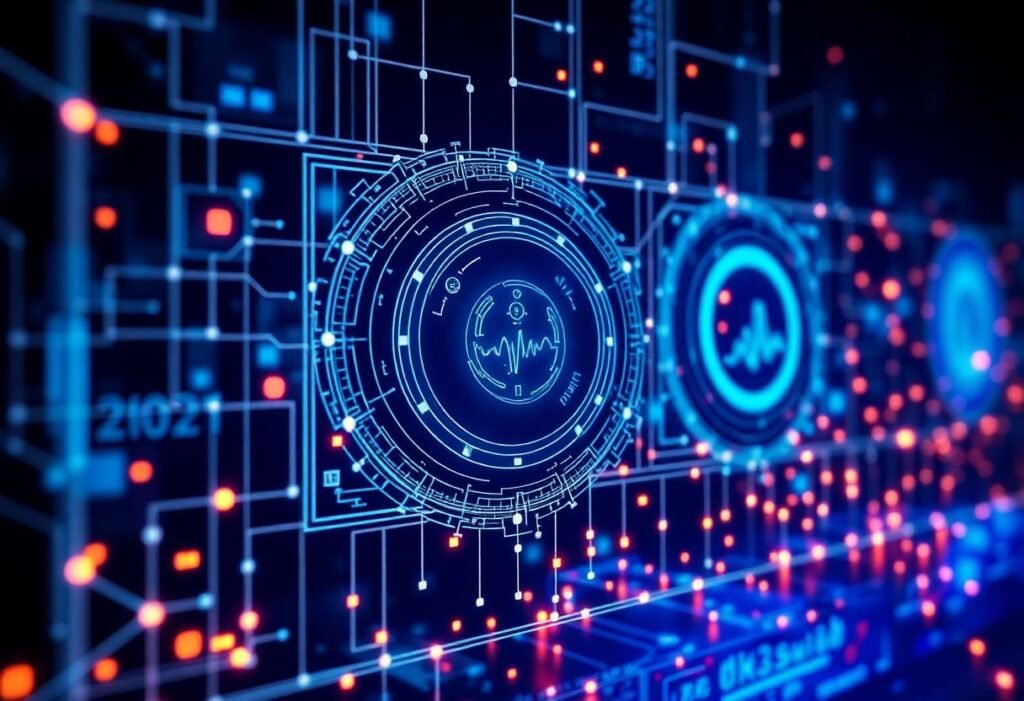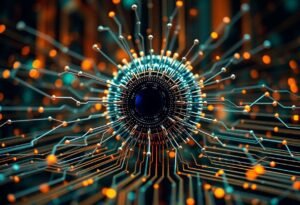The Internet of Things (IoT) is revolutionizing the healthcare industry, particularly in the field of diagnostics. Innovations in IoT for healthcare are enhancing patient care by enabling real-time data collection and analysis, leading to more accurate and timely diagnoses.
Enhancing Patient Monitoring Through IoT Innovations
Innovations in IoT are transforming patient monitoring systems. Wearable devices equipped with sensors collect vital health data continuously. For instance, smartwatches can track heart rates, sleep patterns, and physical activity. This data is transmitted to healthcare providers, allowing them to monitor patients remotely. With predictive analytics, doctors can even foresee potential health issues before they escalate into severe problems, facilitating timely intervention and enhancing overall patient care.
Improving Diagnostic Accuracy with Connected Devices
Connected devices play a critical role in improving diagnostic accuracy. IoT-enabled devices such as smart stethoscopes and diagnostic imaging tools allow healthcare professionals to gather detailed health information quickly. These devices can connect to databases and analyze symptoms based on vast datasets, resulting in informed decisions and minimal diagnostic errors. The usage of artificial intelligence in conjunction with IoT further fine-tunes the accuracy, providing faster and more reliable diagnostic outcomes.
Real-Time Data Analytics in EHR Systems
Integrating IoT innovations with Electronic Health Records (EHR) systems has redefined how patient data is managed. Real-time data analytics facilitate immediate access to patient information, enabling healthcare professionals to make swift and effective decisions. This innovation not only streamlines clinical workflows but also enhances patient safety and care quality. The ability to analyze big data from multiple sources can identify trends and patterns, helping in preventive healthcare strategies.
Mobile Health Applications and IoT Connectivity
Mobile health (mHealth) applications are becoming increasingly popular due to their role in IoT connectivity. Patients can track their health metrics through apps that sync with wearable devices. These applications empower users by providing them with insights into their health trends, aiding in chronic disease management. Furthermore, healthcare providers utilize these apps to stay connected with patients, enhancing engagement and compliance, which are crucial for successful treatment outcomes.
Reducing Operational Costs with IoT Technologies
IoT technologies are also instrumental in reducing operational costs within healthcare facilities. By monitoring equipment performance and patient usage through connected devices, hospitals can optimize resource allocation. Predictive maintenance can be applied to medical equipment, decreasing downtime and repair costs. Ultimately, IoT leads to increased efficiency, allowing healthcare providers to focus resources on improving patient care instead of managing operational hurdles.
The Future of Healthcare Diagnostics with IoT
The future of healthcare diagnostics lies heavily in IoT innovations. As technology advances, we can expect even more sophisticated devices and applications that enhance the accuracy and efficiency of diagnoses. The integration of IoT with artificial intelligence and machine learning will pave the way for personalized medicine. Patient care will become fully automated, with devices autonomously collecting and analyzing health data to create tailored treatment plans.
Disclaimer: This content is for informational purposes only and does not constitute medical advice. Consult a qualified healthcare provider for any medical concerns.





















